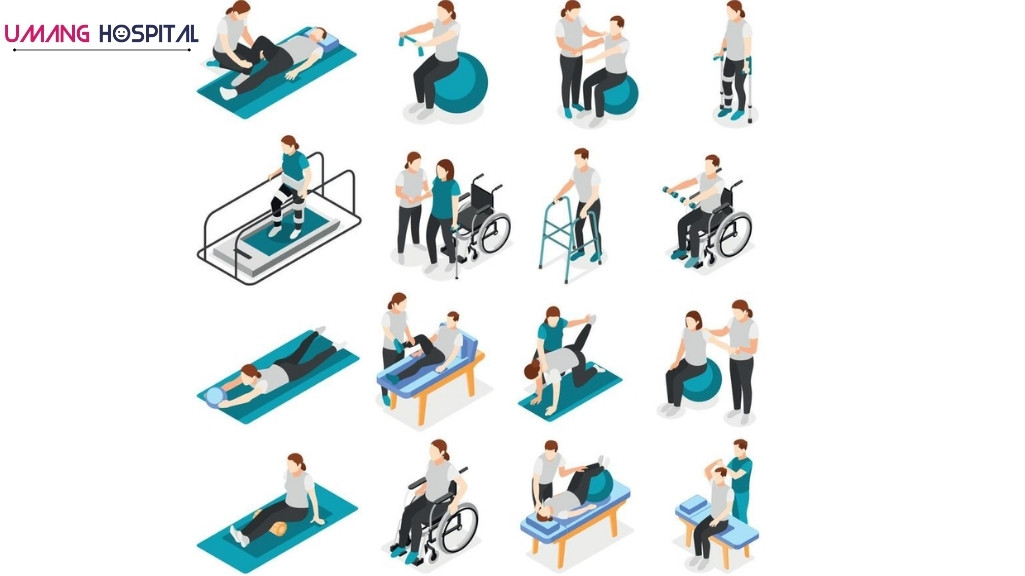
The Role of Physiotherapy in Neurological Rehabilitation
Physiotherapy is a cornerstone in the recovery and management of individuals with neurological conditions, such as stroke, traumatic brain injury, spinal cord injuries, multiple sclerosis, Parkinson’s disease, and more. Its primary aim is to help patients regain mobility, function, and independence by addressing physical impairments resulting from nervous system injuries or disorders.
Key Objectives of Neurological Physiotherapy
Restore Function and Independence: Physiotherapy interventions are designed to improve the ability to perform daily activities by strengthening muscles, enhancing joint mobility, and retraining movement patterns.
Promote Neuroplasticity: Through repetitive exercises and motor learning strategies, physiotherapy stimulates the brain’s ability to reorganize and form new neural connections—critical for regaining lost functions.
Prevent Secondary Complications: Regular physiotherapy reduces risks of muscle weakness, atrophy, spasticity, joint contractures, pressure sores, and respiratory problems.
Improve Balance and Coordination: Specialized exercises help restore balance, gait, and coordination, reducing the risk of falls and enhancing safety.
Pain Management and Comfort: Manual therapy, stretching, and modalities such as hydrotherapy and electrical stimulation relieve pain and improve comfort.
Boost Emotional Well-being: Physical improvements lead to greater confidence, independence, and improved quality of life, supporting emotional recovery.
Common Physiotherapy Techniques in Neurorehabilitation
Gait Training: Helps patients relearn or improve walking ability using aids like parallel bars, walkers, or orthotics.
Strength and Range of Motion Exercises: Targeted movements maintain flexibility, prevent stiffness, and enhance muscle strength.
Balance and Coordination Training: Activities and tasks are designed to rebuild balance and fine motor skills for daily functioning.
Functional Electrical Stimulation (FES): Uses mild electrical pulses to activate weak muscles, improve strength, and stimulate functional movements.
Constraint-Induced Movement Therapy (CIMT): Encourages use of affected limbs by restricting the unaffected side, improving motor skills and cognitive function.
Manual Therapy: Includes massage, joint mobilization, and stretching to address pain and improve range.
Aquatic (Hydro) Therapy: Water-based exercises facilitate movement and muscle activation in a supportive, low-impact environment.
Individualized Recovery Plans
Every patient’s needs and goals are unique. Physiotherapists conduct thorough assessments to create personalized treatment plans, often in collaboration with occupational therapists, speech therapists, and physicians to address all facets of recovery. Progress is regularly monitored, and therapies adjusted to optimize outcomes
Benefits at a Glance
Regain lost abilities and adapt to new challenges
Improve mobility, strength, coordination, and independence
Foster neuroplasticity for enhanced recovery
Reduce risk of complications and falls
Relieve pain, enhance comfort, and emotional wellbeing
Maximize overall quality of life and social participation
Our team of Skilled physiotherapists provide guidance, and motivation in every step of the recovery journey, helping patients lead more independent, fulfilling lives after a neurological event .